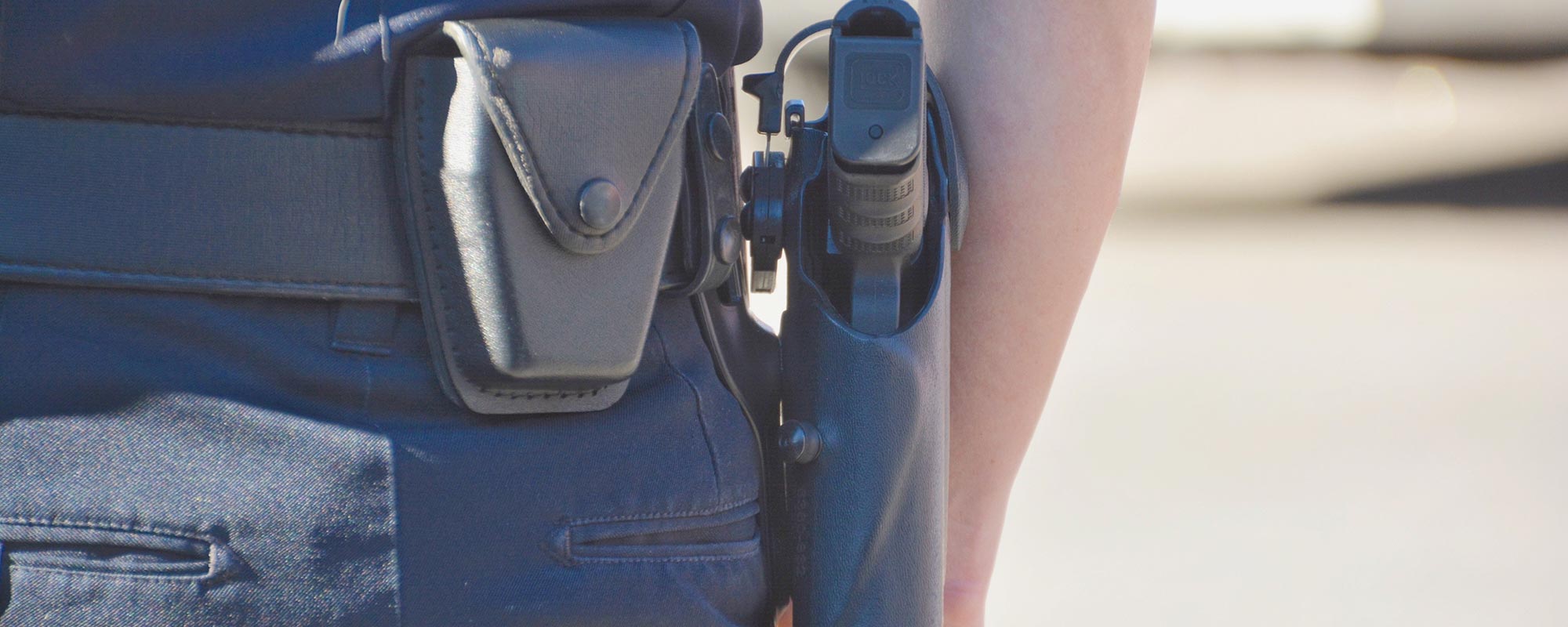On Friday April 8 the Supreme Court released its ruling in R v Stairs, a case that examined police authority to conduct a warrantless search of a house after a person has been arrested.
CCLA intervened in the case to argue that the police must have reasonable and probable grounds to search someone’s home incident to arrest. In our view, the Charter should permit searches of a home incident to arrest in two specific circumstances: imminent risks to officer safety and imminent risks of the destruction of evidence. The scope of the search of a home incidental to arrest must be limited by the purpose for which it is undertaken; that is, only as is necessary to ensure officer safety or the preservation of evidence.
The Supreme Court’s decision did recognize that the privacy interests in a home require stricter controls on post-arrest searches in these settings, and that a stricter standard was required for searches incident to arrests that occurred within homes. Not all of the protections we had advocated for, however, were incorporated into the majority’s decision. Specifically, the requirement of imminence was not incorporated into the majority’s decision—although it was a prominent feature in the dissenting reasons.
A warrantless search is presumptively unreasonable and unconstitutional. While there are exceptions to this rule, the CCLA believes that instances where police are given the power to search without judicial authorization remain just that—exceptional. In this case, the police had arrested and handcuffed the accused before they searched the house. They did not have any specific reasons to think that their safety was at risk. They searched the home regardless.
Individuals have a high expectation of privacy in their homes. Giving the police the authority to search a person’s home, without a warrant, based on a vague safety concern, gives rise to significant privacy concerns. As stated by the dissent at the Court of Appeal, permitting the police to search in a case such as this “has the potential to provide the police with a broad license to undertake warrantless searches.”
We will be following the application of this case to see how the standard is interpreted by the courts, and whether it meaningfully restrains warrantless searches of people’s homes.
Many thanks to our pro bono counsel, Anil K. Kapoor and Victoria M. Cichalewska, for representing the CCLA in the case.
About the Canadian Civil Liberties Association
The CCLA is an independent, non-profit organization with supporters from across the country. Founded in 1964, the CCLA is a national human rights organization committed to defending the rights, dignity, safety, and freedoms of all people in Canada.
For the Media
For further comments, please contact us at media@ccla.org.





